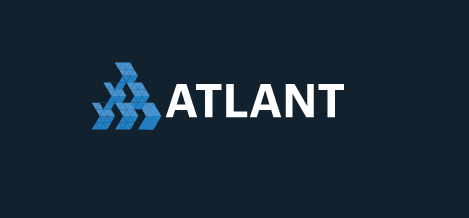Real Estate is the largest asset class in the world, and also one of the most efficient. The identity of people has a lot to do with the land that they own or occupy. This is an idea that spans over several centuries. Therefore, the transference of these pieces of land comes with a lot of value attached to them.
Existing Complications
The ownership of landed properties in today’s world comes with a lot of implications. In most cases, real estate ownership is either directly or indirectly reserved for an exclusive few. In some cases, lands are owned or reserved based on cultural arrangements, where the right to land rests in the hands of community leaders who hold such properties in custody until they are sold or rented to other individuals. Another factor that determines the exclusivity of landed properties is the cost of owning one.
In today’s world, real estate is scarce and expensive, and the traditional property market is littered with a lot of discrepancies. With technological advancement and the growth of sharing economy, most individuals are no more inclined to the outright buying of whole properties. They rather rent them from owners who may not be using the properties for such periods or buy only a fraction of it for themselves.
Addressing the Problems
For an effective development of this innovation in the real estate market, ATLANT is providing two main features to address known problems in today’s global real estate: Tokenized Ownership and Peer-to-Peer Rentals.
Tokenized ownership will simplify every type of operation with the real estate, including property investments and ownership transfers, either partial or complete. Real estate tokens representing a share in property ownership will allow for a liquid real estate market with transparent prices (price discovery).
Until now, transactions within the real estate market has involved a lot of complications that are mostly as a result of intermediaries who take advantage of the high values market. Fake reviews and high transaction fees are some of the headaches encountered by both buyers and sellers in the real estate market.
ATLANT’s blockchain platform is designed to solve the protracted problem of discrepancies and fraud in the real estate market by registering property on a distributed ledger. This would streamline the manually intensive practice of examining public records when validating titles in real estate transactions, and also double as a cost reduction procedure by eliminating most of the existing overheads. According to Goldman Sachs estimates, blockchain driven property records could drive up to $4bn in cost savings due to reductions in headcount and actuarial risk in the US alone.
A Market for Everyone
With the market dimension that is being introduced by ATLANT, anyone can own any property from anywhere in the world, either partially or in full. On its decentralized exchange, tokenized properties will enable a completely liquid market and listed assets will be available to be bought using the Atlant (ATL) tokens. All Atlant (ATL) tokens are essentially membership certificates in the ATLANT Platform, which give numerous rights and privileges to their owners. These owners must comply with KYC/AML policies of ATLANT and proof of member activity confirmed by running an ATLANT node on the member’s computer.
In the existing centralized sharing economy, rental platforms like Airbnb, Expedia, and Booking, significant fees exist on both ends (tenant and lessor) and reviews are dependent on the owner’s assessment. ATLANT’s decentralized platform takes away all of that. Here, transactions are Peer-to-Peer, therefore intermediary fees are eliminated while the property details and other procedures are available on the blockchain for a transparent public review.
Changing the Old Ways
This disruption introduced by ATLANT will weaken the pricing power of traditional hotels, Airbnb, Booking, Expedia, with a greater impact on leisure-oriented hotels and lower-price-point hotels focused on a lower value-added product offering, while at the same time increasing RevPAR (revenue per available room). This will totally change the operational procedures in the real estate market and open it up for more opportunities as the existing barriers in the form of pricing, location and fraud are bound to become a thing of the past.
